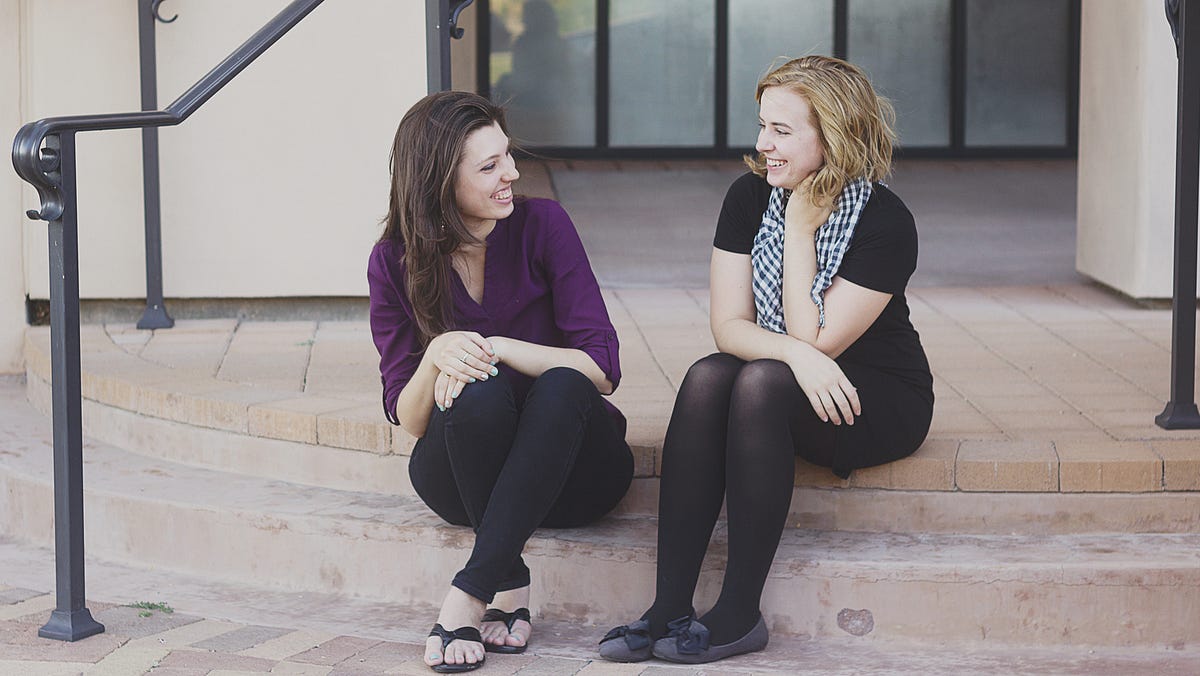Married Conservative Politician Outed For Sexting Teen Boy, Kissing Him In Mall Bathroom
According to his Twitter profile, Republican Mike Yenni is “the President of Jefferson Parish and happily married with one daughter.” But according to the several unnamed sources, he’s a closet case who has been sending some rather racy texts to a teen boy he met at a Catholic high school function while on the campaign trail last year.

40-year-old Yenni and the teen, who was 17 at the time and whose name has not been released, were allegedly connected with each other by a mutual friend. The teen says he and Yenni, the former mayor of Kenner at the time, the city neighboring New Orleans, would talk on the phone and text one another regularly.
As Yenni and the teen’s relationship deepened, he says the politician would occasionally visit him at his job at a mall food court. Once, he says, they met in the mall bathroom where the teen says Yenni gave him a pair of designer underwear. Afterwards, they shared a kiss.
The texting continued, becoming more and more explicit as time progressed. In one of the texts, Yenni allegedly told the teen that he “wants him naked.” In another, he asked if he’s worn the underwear he gave him, then says he would like him to model it for him. And in a third, he said he wanted to perform a sex act on the teen that night.
While Yenni doesn’t appear to have much of a record when it comes to being for or against LGBTQ rights, he is a member of the political party that, in its most recently adopted platform, officially defines marriage as “between one man and one woman,” calls pornography harmful “especially on children,” and wants to police which restrooms trans people use in an effort to protect women and children from sexual predators. So it’s ironic, to say that least, that he would send dirty texts to a teenage boy then make out with said teenage boy in a mall bathroom. But we digress.
Related: Engaged Politician Admits To Hooking Up With Guys, At Center Of Sexting Scandal
The texts were provided by the teen to WWL-TV on the condition that they not be directly quoted. The station verified that they did, indeed, come from Yenni’s personal cell phone, which is not billed to taxpayers.
The teen, now 19 and in college, tells WWL-TV that over time the texts started to make him uneasy, particularly one that suggested they have a threesome with the mutual friend who initially connected them.
“He asked me to go with him to his house in Oxford (Mississippi),” the youth said. “Also, the way he would describe the sexual things he wanted to do to me. And he asked me to be a secretary or assistant in his office; that way I could be with him and not be questioned.”
In June, he says he finally broke the affair off with Yenni.
According to WWL-TV, under Louisiana law, the age of consent is 17, so any sexual activity between Yenni and teen would not be illegal; however, the sexts may violate a federal law that bars the use of any telecommunications device to engage in “obscene” conversation with anyone under the age of 18.
Yenni has yet to comment on the allegations.


